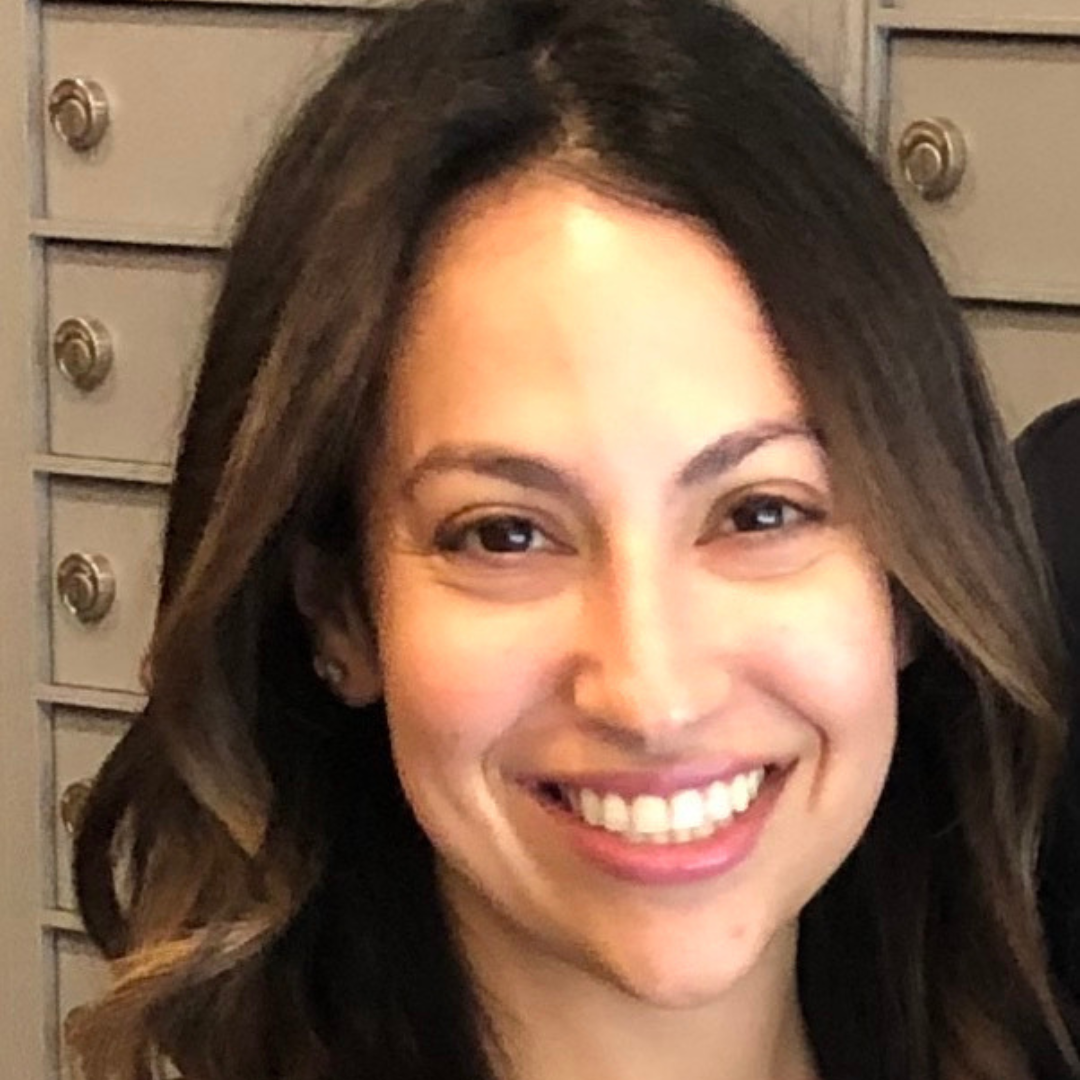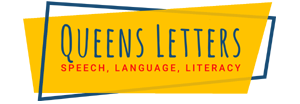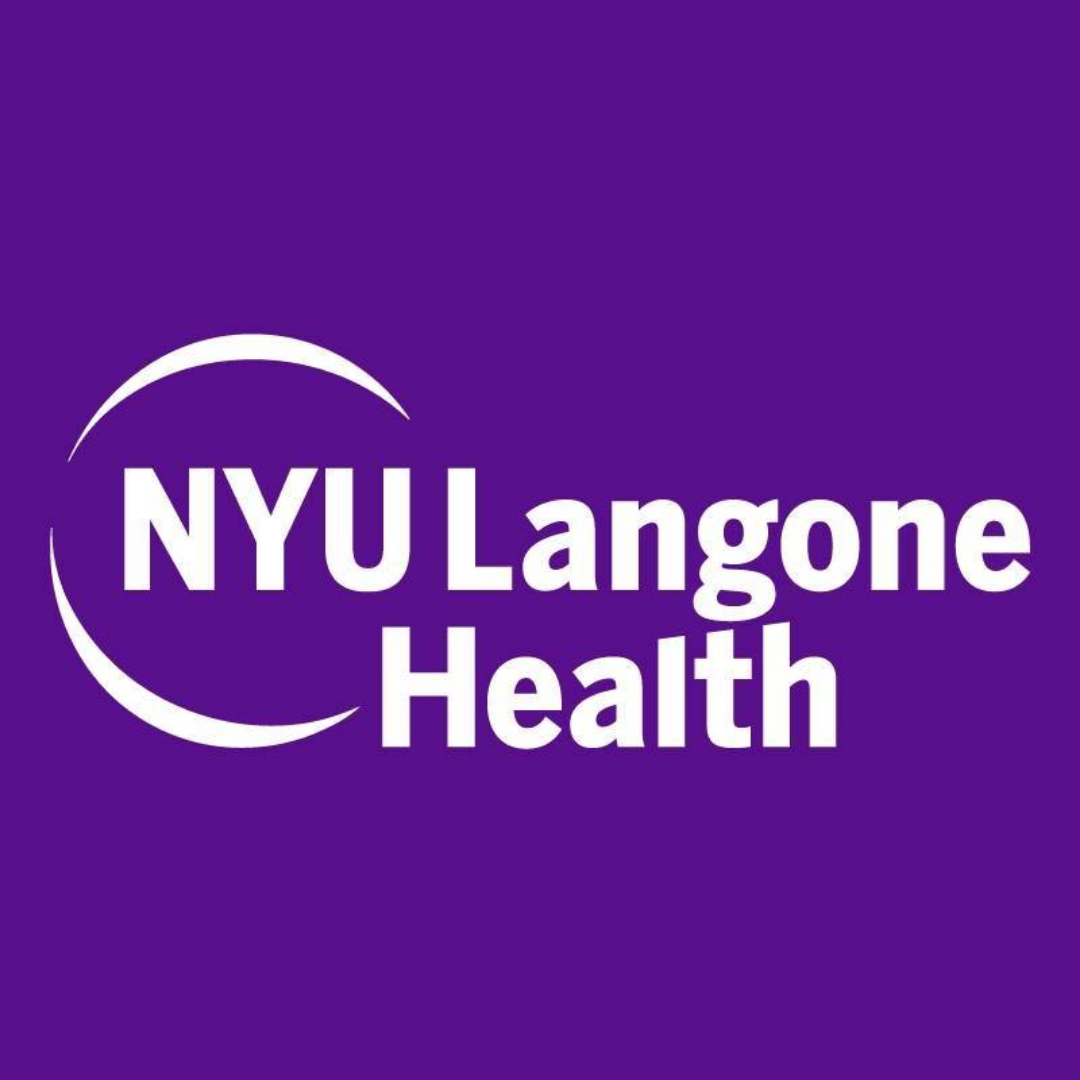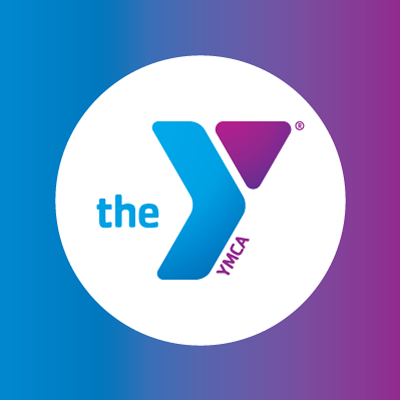QUEENS, NYC VOCABULARY TUTORS

QUEENS, NYC VOCABULARY TUTORS

QUEENS, NY NEIGHBORHOODS
Our Speech-Language Pathologists and Therapists
We travel to you and we also offer remote services. Some of our speech-language pathologists are trained in the Orton Gillingham approach. Many of our speech-language pathologists are trained in literacy and offer support with decoding, spelling and reading fluency services. Our speech-language pathologists and therapists work with babies, toddlers, school-age students, and adults with expertise in:
Our Speech-Language Pathologists and Therapists
We travel to you and we also offer remote services. Some of our speech-language pathologists are trained in the Orton Gillingham approach. Many of our speech-language pathologists are trained in literacy and offer support with decoding, spelling and reading fluency services. Our speech-language pathologists and therapists work with babies, toddlers, school-age students, and adults with expertise in:
- Pronunciation
- Enunciation
- Articulation
- Expressive Language Disorder
- Writing & Speaking Therapy
- Comprehension- Listening & Reading
- Listening Comprehension
- Auditory Processing
- Vocabulary
- Teens – Language Therapy
- Stuttering
- Feeding
- Oral Motor
- Voice
- AAC
- Adult Speech Therapy
- Public Speaking
- Accent Reduction Modification Speech Therapy
-
Having a good understanding of words improves one’s comprehension and understanding of what is being read.
-
Words are our primary method of communication, which means that having a wide vocabulary positively impacts all areas of communication (listening, speaking, reading, and writing).
-
A robust vocabulary means having good command of words when expressing thoughts and ideas. This in turn boosts their confidence, both in academic and social settings.
Read about Early Childhood Developmental Milestones.

Word-Finding Difficulty
Aside from students with decreased vocabularies compared to peers, some students have what is called word-finding difficulties. These students often have trouble retrieving words more frequently than would be expected despite good comprehension of these words. Problems in word-finding can manifest in single-word retrieval or discourse contexts.
Single-Word Retrieval: This refers to difficulties in accessing specific words like nouns, verbs, adjectives, and numbers. At school, a student with word-finding challenges may have trouble answering questions that need a particular information or specific facts. When trying to access words, a student may be:
- slow and inaccurate
- fast but inaccurate
- slow and accurate
Discourse Retrieval: Trouble with discourse retrieval is characterized by difficulties in conversation and relating experiences and events. When speaking, a student’s speech will often be short or have behaviors associated with word-finding difficulties. These include repetitions, revisions or reformulations, substitutions, insertions, empty words, time fillers, and delays.
Word-finding difficulties are particularly common in students who have:
- specific learning disabilities
- reading difficulties
- specific language impairment
- language disorder
- fluency or stuttering problems
How to Help Your Child
We use various effective techniques in our vocabulary and word-finding interventions, with in-depth procedures involving listening, speaking, and written contexts to help vocabulary development. Membean and Infercabulary can help your kids learn vocabulary and have fun at the same time. Membean’s approach to engaging interactive lessons, personalized learning, and fun challenges is designed to inspire kids’ natural curiosity about words. The Infercabulary game helps kids deduce the meaning of unfamiliar words using context clues in sentences.
Our strategies include:
- word-mapping (graphic display of word/concept relationships)
- word substitution (teach new words related to the word found in the story, etc.)
- semantic relationships (e.g., how are the words related)
- discussion of words in a text
- incorporating techniques students can use independently
- expanding and deepening student’s knowledge of word meanings
- acting out meanings
- focusing on word structure (root words and derivations)
- reflective pausing
- imagery and gesture cues
- mass practice
At Brooklyn Letters, we use explicit teaching methods, such as pre-reviewing difficult words, repeated exposure to vocabulary in a text, and word maps. We also use implicit teaching methods by helping children build their context skills to master more vocabulary.
VOCABULARY TUTORING CAN STRENGTHEN YOUR STUDENT
There is also a strong correlation between vocabulary and reading comprehension as both skills are necessary for reading success, but depend on each other. Word meanings make up a large part of comprehension, some scholars believe as high as 70 to 80%. In addition, students with large vocabularies do well across all areas of the curriculum and are able to absorb new concepts more easily important skills with the new common core curriculum.
Read about Literacy Milestones.
MEET OUR QUEENS, NY SPEECH LANGUAGE THERAPISTS AND PATHOLOGISTS WHO TRAVEL TO YOUR HOME

Michelle
M.S., CCC-SLP, TSSLD, SPEECH LANGUAGE PATHOLOGIST

Amanda
M.S., CCC-SLP, TSSLD, SPEECH-LANGUAGE PATHOLOGIST

Aileen S.
Speech-Language Therapist, M.S. CCC-SLP, TSSLD

Jennifer
M.S., CCC-SLP, TSSLD, SPEECH-LANGUAGE PATHOLOGIST

Marie A.
MS CCC-SLP, TSSLD, SPEECH LANGUAGE PATHOLOGIST

Michelle L.
M.S. CCC-SLP, SPEECH LANGUAGE PATHOLOGIST
FREE CONSULTATION!!!
Call: (347) 394-3485,
Text: (917) 426-8880
Email: [email protected]
(we respond to email right away!)
















